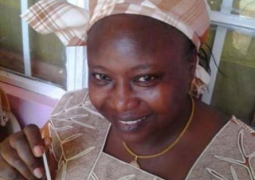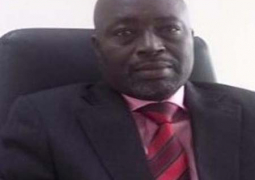The Diasporans helplessly said the coming of the feast, locally as Tobaski, found them economically weak while demand for expenses back home in The Gambia is ever increasing.
The feast, known in Arabic as Eid ul Adha, is scheduled for 24 September.
Nfanding Manneh, 51-year-old Gambian who has been in Europe for many years, said:“I have decided to cancel my ticket and send them (his family in Gambia) the money for other expenses. I would like to be there, as usual, but my financial situation does not allow me to go. My family is sad about this fact, but I cannot help it.”
For Musa Bajo, he will be coming to The Gambia on his annual Tobaski visit, but he said he may not be able to meet all the financial demands of his family during the feast.
“My ticket is expensive, and almost on a daily basis I receive calls about things to buy.I have now realised that I calculated far less than the expenditure that I have to grapple with,” Musa said.
A family man with five children, who prefers anonymity, said that for the first time in many years, he is not coming to The Gambia for the Tobaski with his family.
Lamin Drammeh, 33, said he is not even able to send enough money to his family much more to buy a ticket to come and celebrate the feast with them in The Gambia.
Our correspondent in Italy said many Gambian migrants, he spoke to, said their people back home do not fully understand “the difficult economic situation” they are enduring in Italy.





